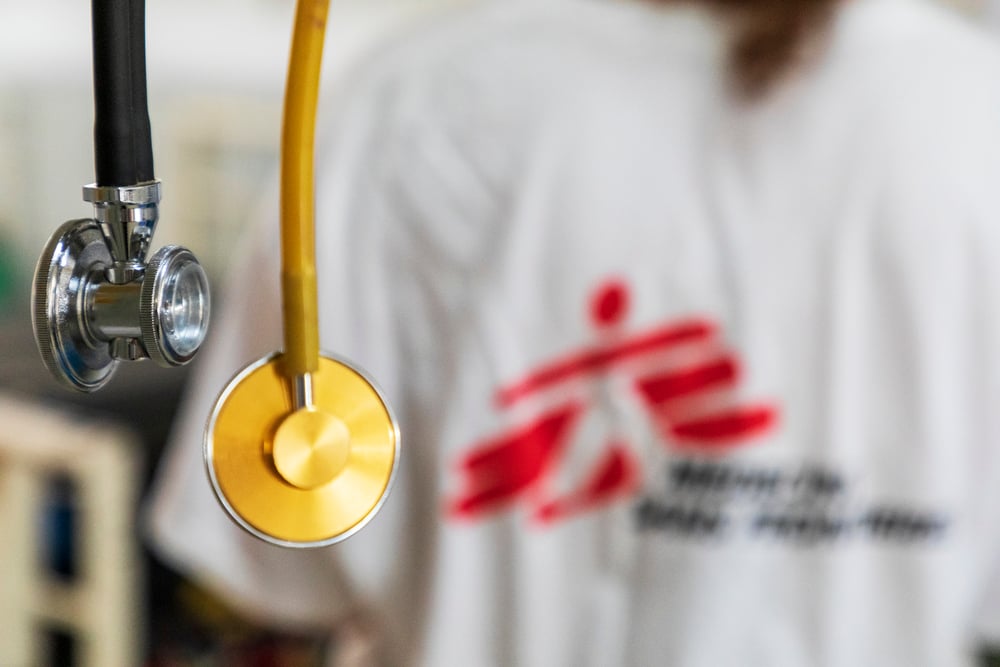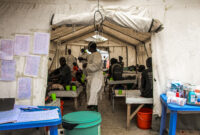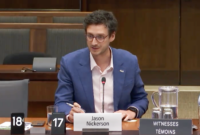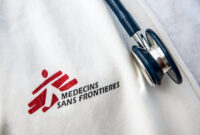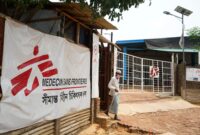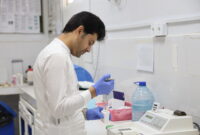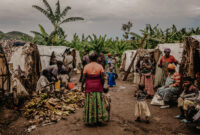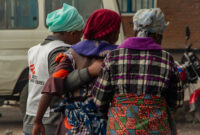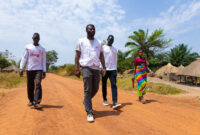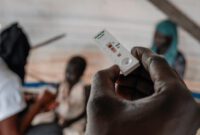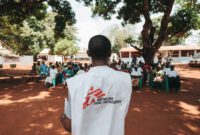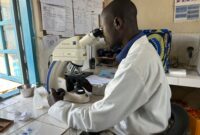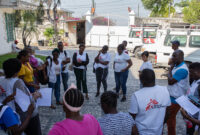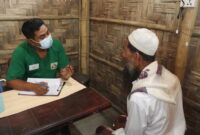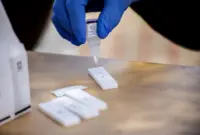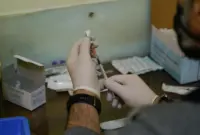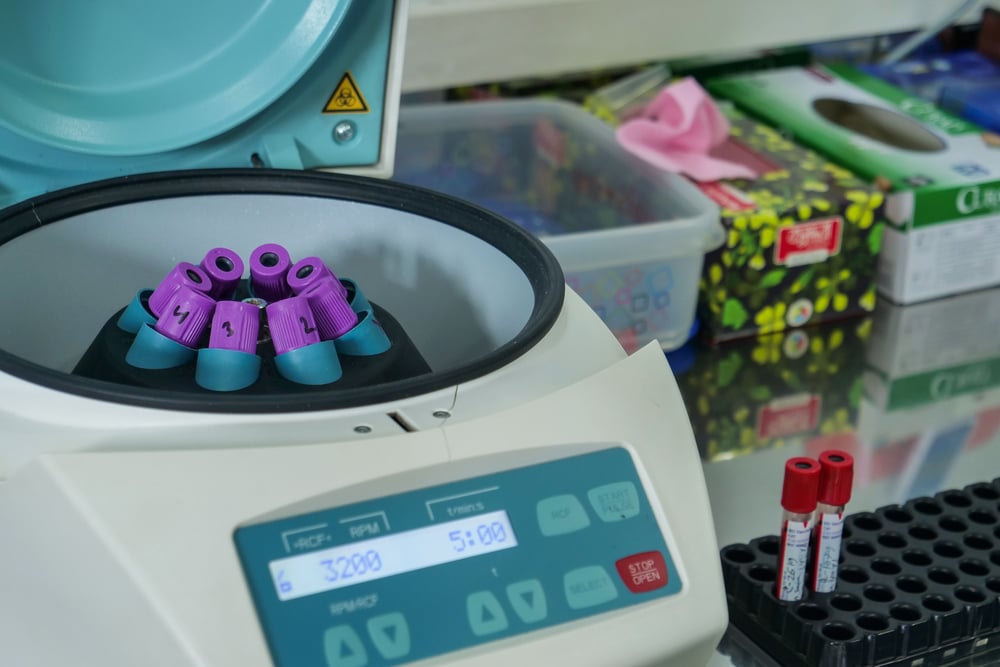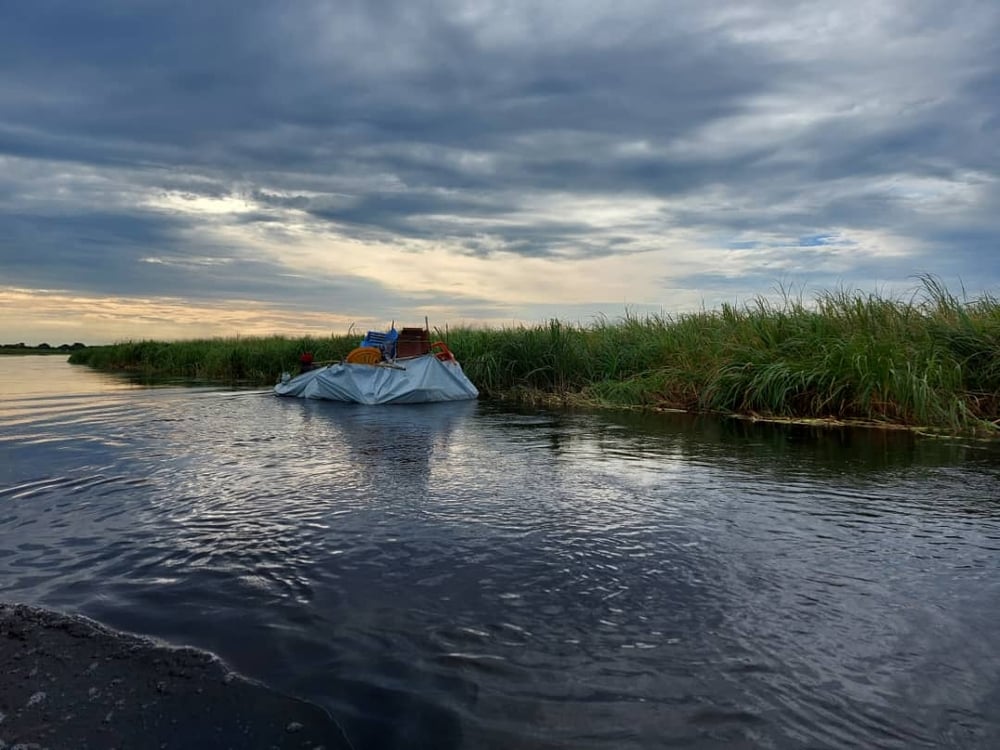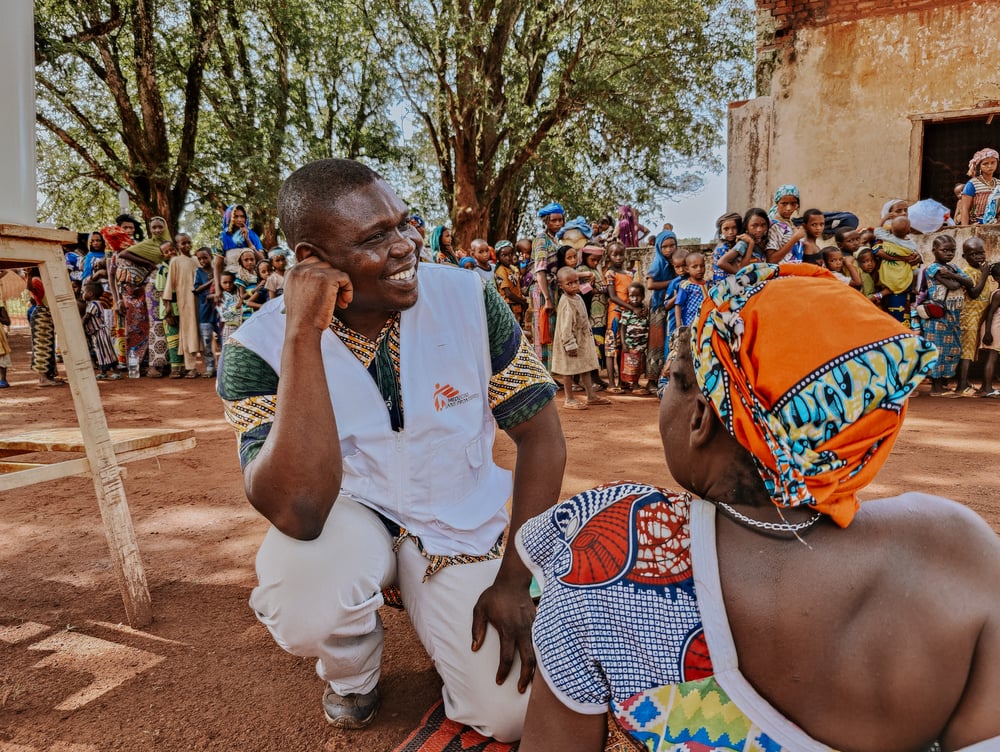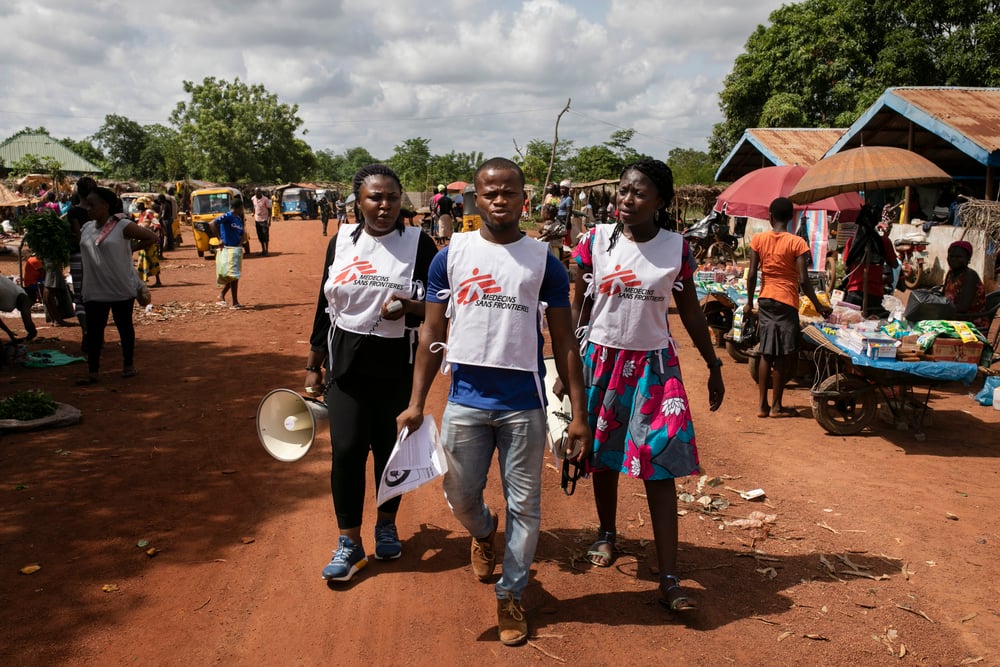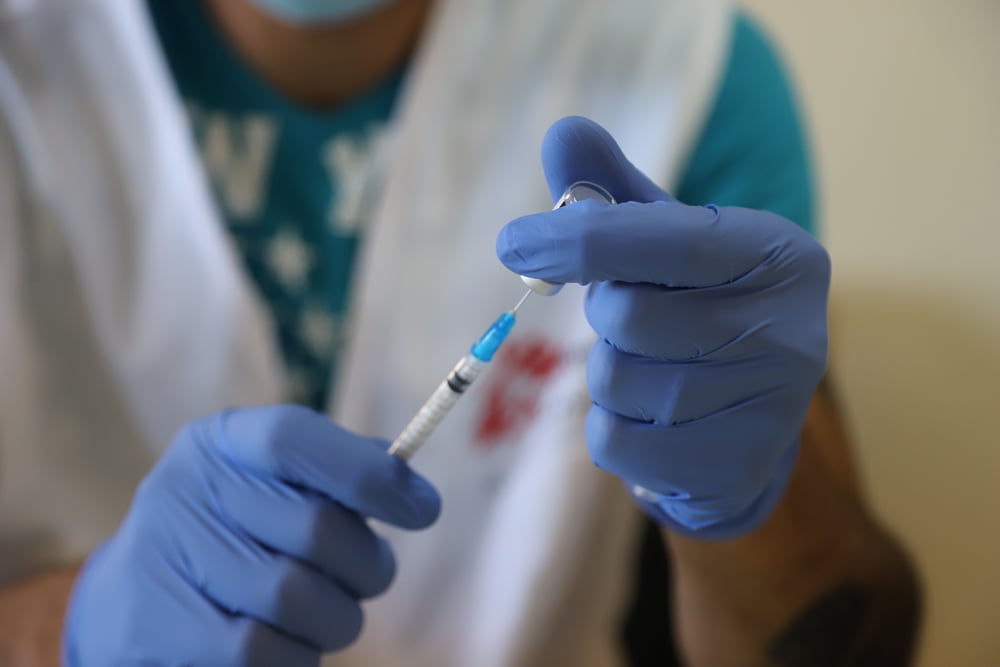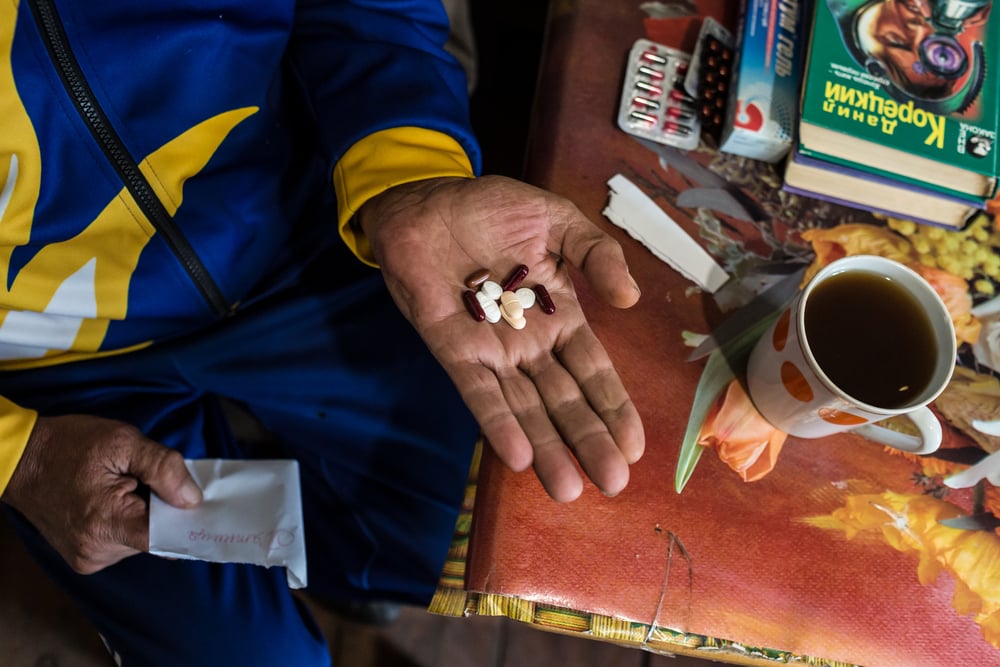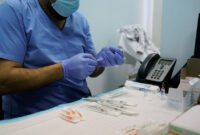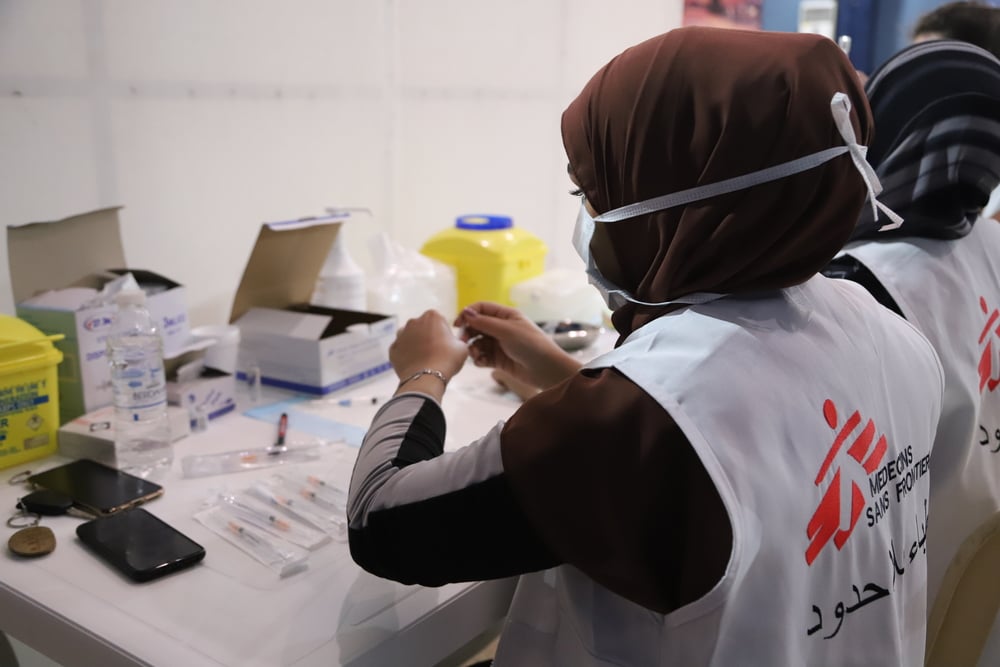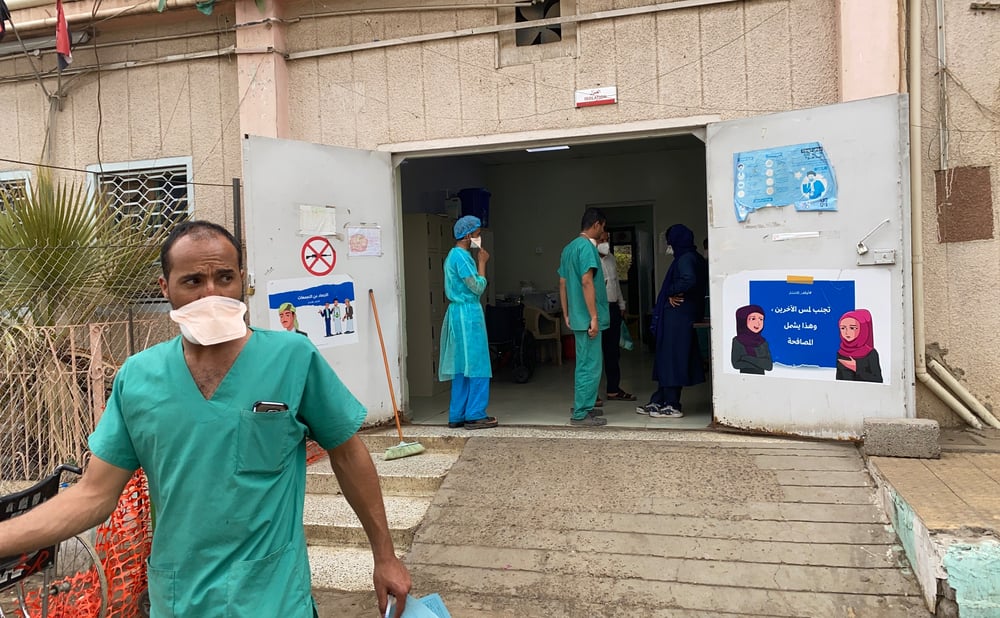Home | What we do | Advocacy
Snake bites: reflecting on the neglected disease
By Julien Potet, Senior Advisor on Tropical Diseases and Neglected Diseases for MSF’s Access Campaign
Some diseases are more neglected than others. This is the case with snakebites, which are responsible for more than 100,000 deaths every year worldwide. A new MSF publication in Toxicon X highlights the resources needed to improve the management of snakebite venom poisoning in resource-limited settings. Nearly 7,000 cases are treated in MSF-supported hospitals each year, particularly in Yemen, Central African Republic (CAR), South Sudan and Ethiopia. The challenges on the ground are numerous.
First, the best possible antivenom for the local context must be provided. Making sure that free-of-charge treatment is available is also essential to ensure that victims get to the hospital quickly, without having to go through traditional healers, who offer affordable but often ineffective and sometimes even harmful treatment.
However, it is not always easy for MSF pharmacists to obtain supplies of antivenoms that are suited to locally endemic snake species. MSF has sometimes faced supply shortages, particularly in the months following the discontinuation of Fav-Afrique, an African antivenom produced by Sanofi until 2016. Also, the financial resources for purchasing antivenom are considerable: MSF spends more than €1 million euros ($1.4 million CAD) on antivenom each year.
In sub-Saharan Africa, MSF currently uses two different antivenoms depending on the clinical symptoms observed in patients who have been bitten. Specific protocols are made available to our medical teams, and training efforts are undertaken to ensure their proper implementation. Other services offered by MSF to hospitalized snakebite victims include surgery for necrosis, blood transfusions for prolonged bleeding, and (where feasible) mechanical ventilation when neurotoxic venom poisoning causes respiratory muscle arrest.
With an estimated in-hospital mortality of less than 1 per cent, we believe that the care we provide is of fairly good quality. But some retrospective mortality surveys we have conducted, notably in Paoua in CAR and Agok in South Sudan, have shown a much higher mortality at the community level, demonstrating that many severe cases of snakebite poisoning do not reach our hospitals in time. We must therefore do better.
The high turnover of our teams in some of our projects means that we need to repeat our training activities regularly. To this end, MSF has begun to include snakebites in its online training programs. In addition, we need to improve our out-of-hospital activities. Good care starts at the community level, at the places where people are actually bitten. Educating the public about snakebite prevention and first aid can make a significant difference. Similarly, it is essential that MSF improve post-hospital follow-up for snakebite victims suffering from physical or psychological after-effects.
Most importantly, we must continue to advocate for a policy response to this neglected disease. The model of care developed by MSF demonstrates that many lives can be saved if human and financial resources are mobilized. But to date, despite the publication of an ambitious action plan by the World Health Organization in 2019, funding on the ground is not forthcoming. Of the major development agencies and philanthropic organizations, only the Wellcome Trust has committed to snakebite, primarily for research.
Where are the other development agencies? While the pandemic has reshuffled the deck in terms of health priorities, we need to remember that the fight against neglected diseases — and especially the most neglected of neglected diseases, such as snakebite — must remain at the heart of the global health agenda.
